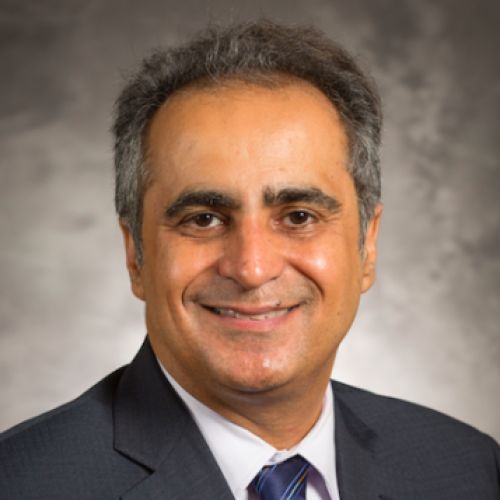Space-time codes for high data rate wireless communication: Performance criterion and code construction
We consider the design of channel codes for improving the data rate and/or the reliability of communications over fading channels using multiple transmit antennas. Data is encoded by a channel code and the encoded data is split into n streams that are simultaneously transmitted using n transmit antennas. The received signal at each receive antenna is a linear superposition of the n transmitted signals perturbed by noise. We derive performance criteria for designing such codes under the assumption that the fading is slow and frequency nonselective. Performance is shown to be determined by matrices constructed from pairs of distinct code sequences. The minimum rank among these matrices quantifies the diversity gain, while the minimum determinant of these matrices quantifies the coding gain. The results are then extended to fast fading channels. The design criteria are used to design trellis codes for high data rate wireless communication. The encoding/decoding complexity of these codes is comparable to trellis codes employed in practice over Gaussian channels. The codes constructed here provide the best tradeoff between data rate, diversity advantage, and trellis complexity. Simulation results are provided for 4 and 8 PSK signal sets with data rates of 2 and 3 bits/symbol, demonstrating excellent performance that is within 2-3 dB of the outage capacity for these channels using only 64 state encoders. © 1998 IEEE.
Duke Scholars
Published In
DOI
ISSN
Publication Date
Volume
Issue
Start / End Page
Related Subject Headings
- Networking & Telecommunications
- 4613 Theory of computation
- 4006 Communications engineering
- 1005 Communications Technologies
- 0906 Electrical and Electronic Engineering
- 0801 Artificial Intelligence and Image Processing
Citation
Published In
DOI
ISSN
Publication Date
Volume
Issue
Start / End Page
Related Subject Headings
- Networking & Telecommunications
- 4613 Theory of computation
- 4006 Communications engineering
- 1005 Communications Technologies
- 0906 Electrical and Electronic Engineering
- 0801 Artificial Intelligence and Image Processing


